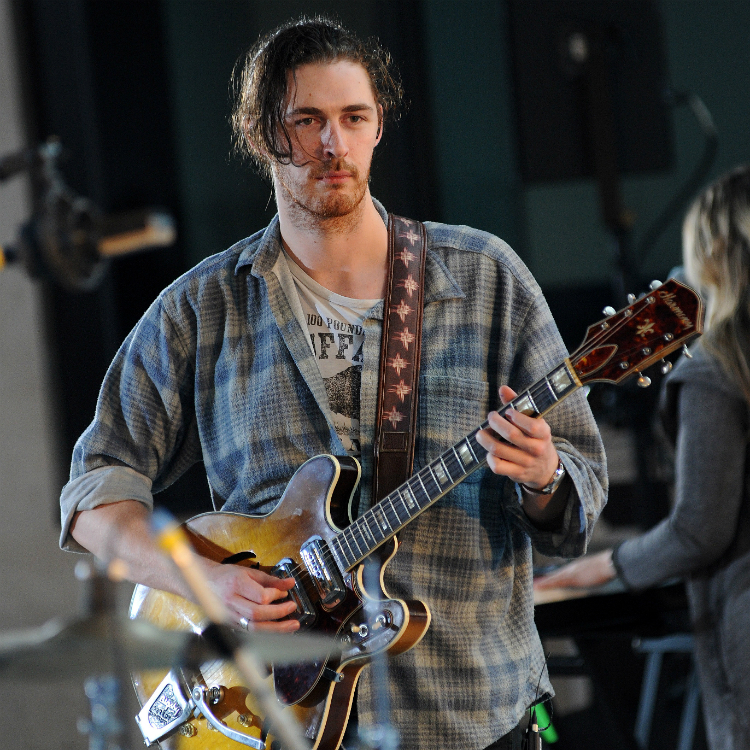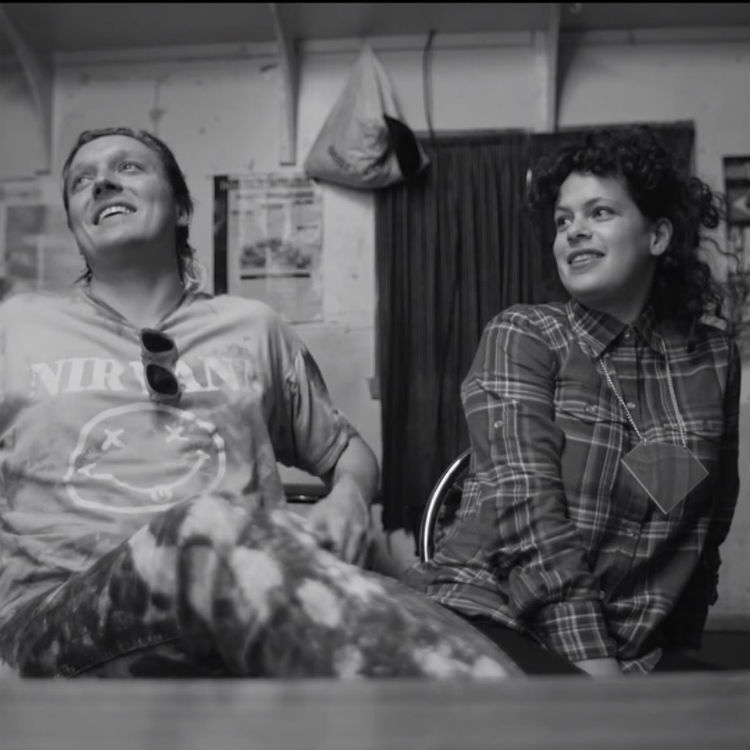 Photo:
Photo:
Much has been said about the current state of dance music, that it is dying, not as good as it used to be and has lost its popularity etc etc. What those people forget is that there was a time when the only dance worth listening to was the underground stuff anyway, the type of stuff you heard at clubs IN NYC, while the likes of CC Peniston and Alex Party dominated the charts and crap suburban nightclubs. Fatboy Slim changed all that.
The slightly nerdy looking bassist from 1980s indie-band The Housemartins, (incidentally, singer Paul Heaton went on to enjoy success with The Beautiful South) Norman Cook had already branched out with a few one-off hits under various pseudonyms, including Beats International ('Dub Be Good To Me'), Freakpower ('Turn On, Tune In and Cop Out') and The Mighty Dub Kats ('Magic Carpet Ride'), before finding superstar fame at the back-end of the 1990s. Hits such as 'The Rockefeller Skank', 'Gangsta Trippin', 'Right Here, Right Now' and the somewhat overrated 'Praise You' made Cook the leading superstar DJ, part of the golden generation that included the likes of Paul Oakenfold, Pete Tong and Judge Jules, while the album 'You've Come A Long Way, Baby' is regarded as one of the seminal records of the decade.
There followed the celebrity marriage to Radio 1 DJ Zoe Ball (they met while larging it in Ibiza, predictably) and equally inevitable problems, the massive open-air events (including the legendary Brighton Beach Party) and a series of successful remixes (The Mock Mock Turtles' 'Can You Dig It?' and Groove Armada's 'I See You Baby', the latter of which is included here, alongside Cornershop's 'Brimful Of Asha').
Follow-up album 'Halfway Between The Gutter & the Stars' was less well received, though 'Bird Of Pray', 'Demons' (with the abominable Macy Gray) and 'Weapon Of Choice' (whose video featured actor Christopher Walken) all enjoyed some success. However, the recent change in chart preferences (Cook's hiatus combined with the lack of anything comparable and the emergence of The Libertines, Franz Ferdinand et al) meant that 'Palookaville', Cook's most recent record, bombed somewhat, with 'Slash Dot Dash' the only vaguely memorable track. The rot had clearly set in.
Though all of the big hits are here, the tracklisting does perhaps ignore some of his best work, with a little too much of the recent stuff included (a little bit of cynical label marketing for the last record?) at the expense of corkers such as 'The Weekend Starts Here', 'Build It Up, Tear It Down' and 'Ya Mama', whose inclusion would have made this a definite five-star record.
'Why Try Harder' could prove to be either a bookmark at this stage of Cook's career, the point where he takes stock and decides where to go from here (back to his indie roots perhaps?) or the moment where he decides he's had a good run and should just settle down and enjoy his millions, with the odd bit of production work and occasional party here and there. Whatever he decides, these tracks will prove a fitting legacy.






























